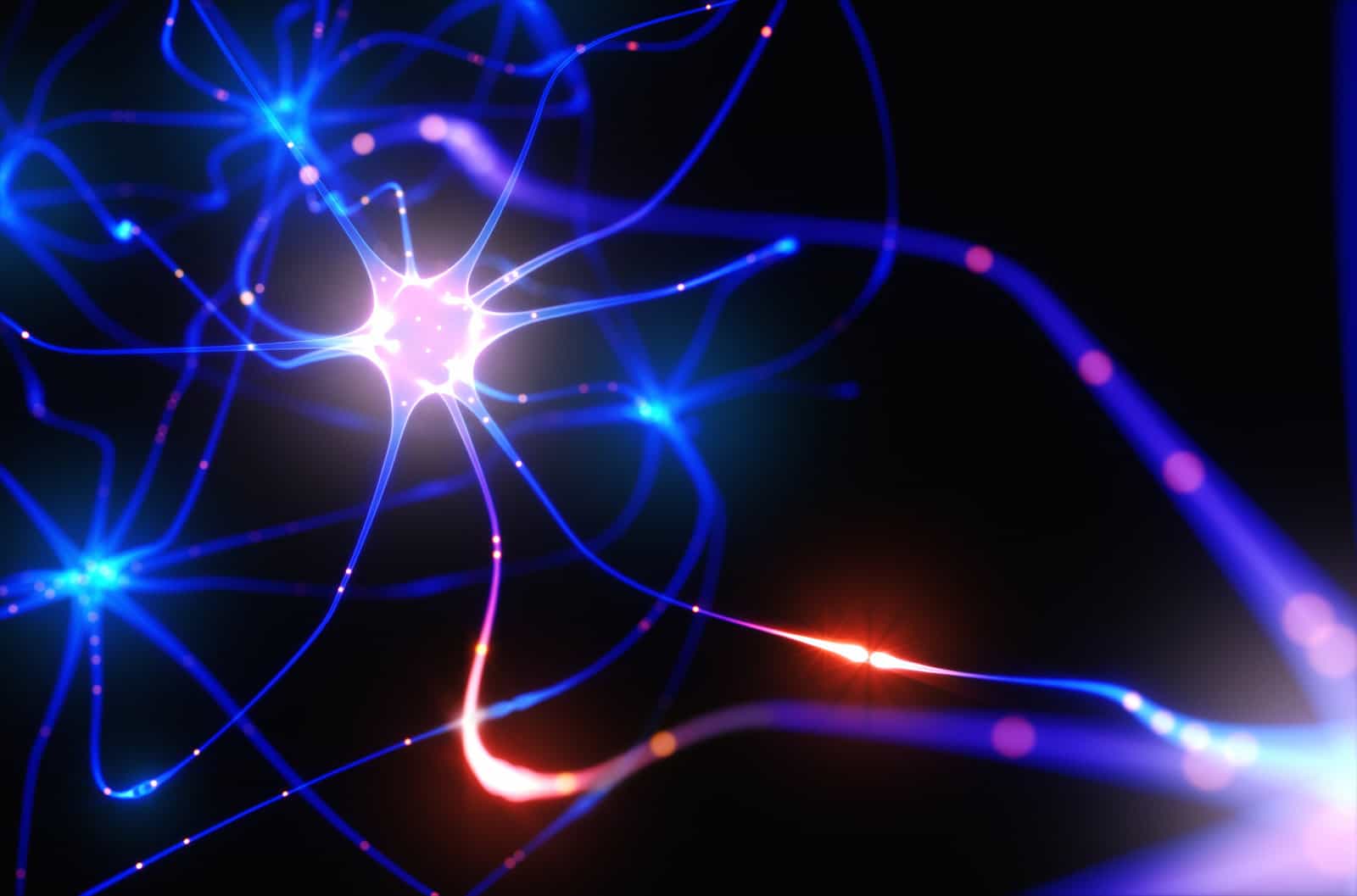Neurogenesis

Neurogenesis is the process by which new neurons are generated from neural stem cells (NSCs). This process occurs throughout life in select regions of the brain, such as the hippocampus and olfactory bulb.
Neurogenesis plays an important role in various brain functions, including learning and memory, mood regulation, and stress response.
During neurogenesis, NSCs first divide into intermediate progenitor cells (IPCs). IPCs then divide into either neuronal precursors or glial cells. Neuronal precursors further differentiate into neurons, while glial cells provide support and insulation for neurons.
Studies in rodents have shown that exercise can increase the rate of neurogenesis. This is thought to be mediated by the release of brain-derived neurotrophic factor (BDNF) from exercise-activated neurons. BDNF promotes the proliferation and differentiation of NSCs into neurons.
Exercise has also been shown to improve cognitive function in humans, and it is thought that this is at least partially due to increased neurogenesis. In addition, antidepressants such as fluoxetine (Prozac) have been shown to increase neurogenesis, and this may be one of the mechanisms by which they produce their therapeutic effects.
Thus, neurogenesis is a process that is important for brain function and exercise can enhance this process. This may help to explain why exercise is associated with improved mental health.